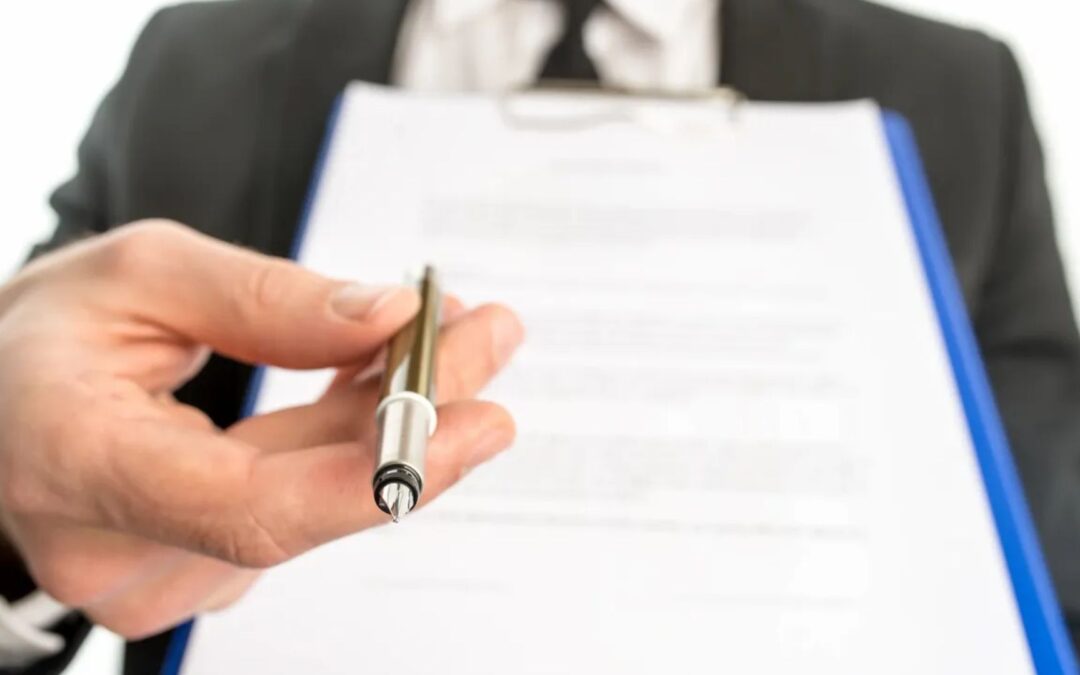Is your lease coming up for renewal?
The key to any renegotiation is timing. Starting one to two years before your lease renewal option is due is key to weigh out whether to stay where you are or look for another option.
Make sure you read your lease and understand when you’re required to give notice. If you don’t give notice when you are required, you may be without a place to practice or you may pay a hold over clause that increases your monthly rate.
While in the renegotiation process, if you are a good tenant who pays rent on time, “asking for what you want” doesn’t hurt. Although there are no guarantees, the odds could be in your favor. This time is also good to look at the state of your business. Are you growing? Are you operating at a reduced capacity? Is the current space meeting your current needs. Does your practice support purchasing or building a new location?
What if your lease option is to sign for another 10 years and you are currently looking to retire in 5. You don’t want to be stuck in a lease that a buyer might have issues with.
The key to any renegotiation is timing. Starting one to two years before your lease renewal option is due is key to weigh out whether to stay where you are or look for another option.
Make sure you read your lease and understand when you’re required to give notice. If you don’t give notice when you are required, you may be without a place to practice or you may pay a hold over clause that increases your monthly rate.
While in the renegotiation process, if you are a good tenant who pays rent on time, “asking for what you want” doesn’t hurt. Although there are no guarantees, the odds could be in your favor. This time is also good to look at the state of your business. Are you growing? Are you operating at a reduced capacity? Is the current space meeting your current needs. Does your practice support purchasing or building a new location?
What if your lease option is to sign for another 10 years and you are currently looking to retire in 5. You don’t want to be stuck in a lease that a buyer might have issues with.
In most cases the lease/commercial real estate is the second-highest expense associated with the dental practice just under payroll. If you were in a 2,500 sq. ft. practice and were able to negotiate a savings of just $3 per sq. ft that would save you up to $75,000 over a 10 year lease.
Three common mistakes dental practitioners make during lease negotiations.
1. Believing the landlord offers the best terms up front.
2. Determining your value by asking your neighbors.
3. Not knowing the market availability and comparisons.
Remember landlords are in the business of lease negotiating, dental practitioners only do this once every 5 to 10 years. Relying on an expert can save you tens of thousands of dollars over the life of your lease.
When approaching your landlord, do so with professional representation. Allow an expert who is versed in dealing with dental practices represent you during your renewal negotiations. The Hindley Burgmaier Group has relationships with professionals who specialize in landlord lease negotiations. Let our team assist you.


